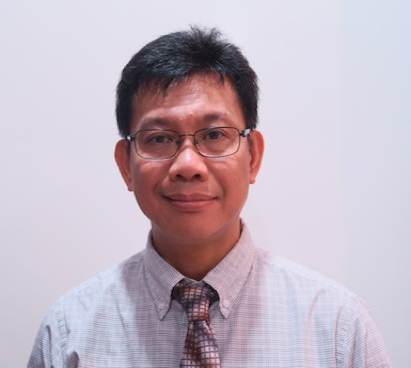Dr Romeo Pacudan, Associate Professor in Energy Policy and Management, Institute of Policy Studies published a paper on “Residential Solar PV Policies: Options for Brunei Darussalam.”
This study is one of the components of the research project ‘Deployment of Low-Carbon Energy and Transport Technologies: Policy Options and Implications for Brunei Darussalam’ funded by the internal research grant from UBD. The overall objective of the research project is to promote deployment of low-carbon and environmentally friendly energy and transport technologies in Brunei Darussalam.
Key findings
- Rooftop solar PV power generation has not reached grid parity in Brunei Darussalam. The government needs to introduce a policy framework that closes the cost gap and incentivizes households to invest in solar PV systems. For comparative policy analysis, alternative frameworks could be designed to provide the same level of incentives to households given the same technical and financial parameters.
- A feed-in tariff scheme would require a much higher level of subsidy and would cause higher financial burden to consumers (if the program will be supported by the consumers) compared with the schemes under the incentivized self-consumption framework.
- Between net metering and net billing schemes, the former would cause lower financial burden to consumers and would require lower total subsidy. But the subsidy needs to be disbursed upfront of the program compared with the 20-year payment schedule (project lifespan) under the net billing scheme. The net billing scheme appears to be the compromise policy option for the country.
- The study has been carried out to provide guidance to decision makers in their choice of solar PV deployment policies. These findings were presented and discussed with the Ministry of Energy, Manpower and Industry.
Reference:
‘Feed-in tariff vs incentivized self-consumption: Options for residential solar PV policy in Brunei Darussalam’, Renewable Energy 122 (2018), 362-374, https://doi.org/10.1016/j.renene.2018.01.102

Dr. Romeo Pacudan is the Interim Chief Executive Officer of the Brunei National Energy Research Institute (BNERI), a policy think tank focusing on national and regional energy sector issues. Concurrently, he is an Associate Professor in Energy Policy and Management at the Institute of Policy Studies, Universiti Brunei Darussalam. He is leading BNERI’s strategic and technical research activities on power sector policy and regulation, sustainable energies, energy cooperation and market integration.
